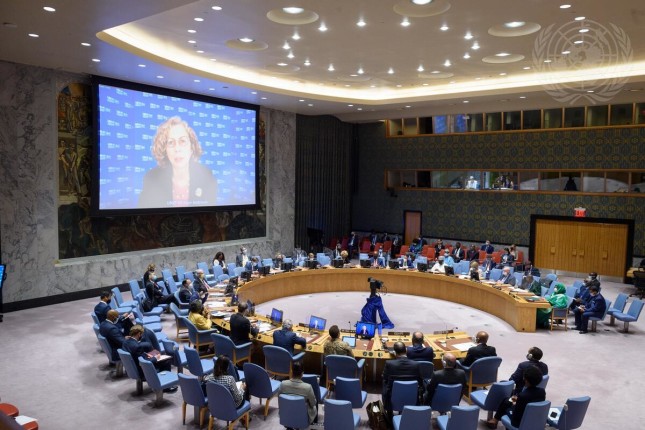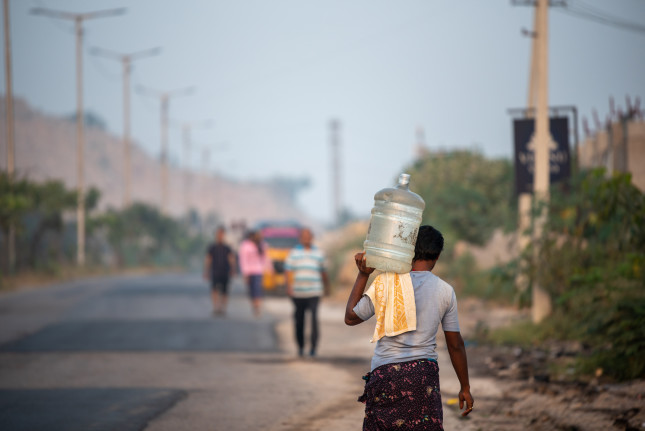-
Water Diplomacy can Learn from Realist Ideas
›Guest Contributor // Water Security for a Resilient World // July 19, 2022 // By Sumit Vij, Jeroen Warner, Mark Zeitoun & Christian BréthautAs Russia’s war in Ukraine continues and nations are returning to behaviors best explained by realism, we are wrestling with these trends’ longer-term implications on water diplomacy. States are becoming inward-looking and prioritizing national sovereignty. Debates about water and climate are resurfacing, and we should better understand how hard power and inward-looking approaches can impact water diplomacy and cooperation. To inform policymakers about power sensitivities and power games played in diplomacy, water diplomats must rethink the future of water security and peace. They should reexamine leadership styles, cultural sensitivities, and knowledge exchange from the lens of realism.
-
No, There Will Not Be a War for Water
›
Some people falsely believe that the Afghanistan takeover by the Taliban during a drought increases the risk of violence over shared waters such as the Helmand and Kabul Rivers. Violent clashes over scarce resources have been predicted as “likely,” or even “certain” for 35 years, and despite such “water wars” never having happened, hypotheses about them keep cropping up around conflict-affected regions such as the Middle East and South Asia. In reality, conflicts are multidimensional with social, political, economic, and ecological drivers producing conflicts through their complex interrelations. Because of these multidimensional conflict drivers, the water war message is wrong-headed and needlessly scaremongering.
Showing posts by Sumit Vij.






